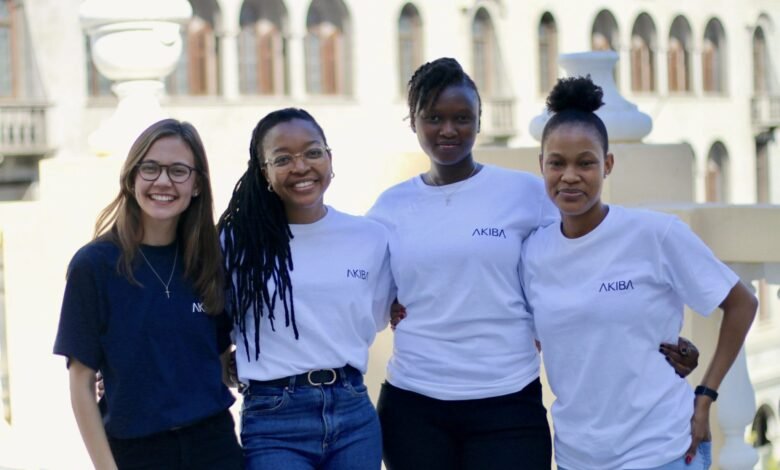Since 2013, only 3% of African digital startup funding gone to all-female founding teams

Since 2013, just 3% of African digital startup financing has gone to firms founded entirely by women.
According to the “In Search of Equity: Exploring Africa’s Gender Gap in Startup Finance” report issued by research company Briter Bridges and the World Bank’s Africa Gender Innovation Lab (GIL), which was based on years of investment data and surveys of 172 entrepreneurs working throughout Africa.
According to its study of startup financing agreements since 2013, just 3% of the investment has gone to all-female founding teams, compared to 76% for all-male founding teams. This is disproportionately tiny since all-female teams made up just 1% of the 2,400 organisations for which demographic data was available. Despite the fact that investment in Africa’s IT sector has increased dramatically since 2013, the percentage of all-female founding teams has remained relatively constant.
“Female founders are underrepresented in the sectors that attract the most financing. This underrepresentation is partly because there are more male than female founders are also more likely to operate in sub-sectors that attract less investment, such as ed-tech or health-tech,” the report said.
“However, even when they work in sectors with high investor interest, all-female teams are still less likely to receive financing than all-male teams, and they receive smaller amounts if they do receive financing.”
Male and female founders took various funding channels, according to a sample of 172 entrepreneurs. Female entrepreneurs were less likely than male founders to appeal for equity investment, preferring instead to seek for bank loans or expand from retained earnings.
“Among companies that raised external financing, however, those with all-male founding teams received higher amounts of both equity and debt,” he said.
According to the analysis, there is a confidence disparity between female and male founders in the sample.
“Female survey respondents showed less confidence in their ability to pitch to investors and in their firms’ ability to grow. This confidence gap is despite the fact that women entrepreneurs in the sample were more educated, had the same amount of professional experience as male founders, and experienced similar revenue changes in the previous year,” it said.





